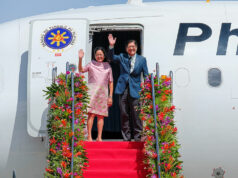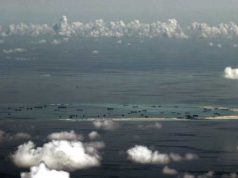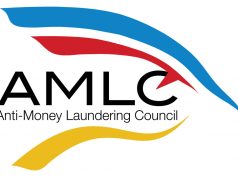Senate review of foreign investment law set for July
THE SENATE is set to review foreign investment law by the third week of July ahead of possible amendments to Republic Act 7042, or the Foreign Investments Act of 1991.
Senator Sherwin T. Gatchalian, who chairs the Senate committee on economic affairs, on Monday said the review will examine any benefits generated from the 27-year-old RA 7042.
“The Foreign Investments Act (was signed) in 1991 and it was never reviewed. We want to see whether the FIA is still appropriate to the present times and whether we’re reaping the rewards of this law,” he told reporters, saying that an “honest-to-goodness analysis” of the law has not yet been performed.
The Foreign Investments Act provides for a Foreign Investments Negative List (FINL) which enumerates the industries which are reserved to Filipino nationals and whose foreign ownership is limited to a maximum of 40% equity capital.
According to the Bangko Sentral ng Pilipinas (BSP), foreign direct investment (FDI) in the Philippines surged in March, posting an increase of 27% year-on-year to $682 million.
The review was set in motion by Senate Resolution No. 73, filed by Sen. Grace S. Poe-Llamanzares, with the intention of making the Philippines a competitive haven for investments and a preferred place of business for top multinational corporations. The review was earlier scheduled on Tuesday, June 26 but was later cancelled due to scheduling conflicts.
The Senate committees on economic affairs chaired by Mr. Gatchalian and on trade, commerce and entrepreneurship chaired by Sen. Aquilino L. Pimentel III will lead the review.
Ms. Llamanzares said the review will also provide an opportunity for the Senate to listen to the sentiments of businesses on the country’s foreign investment policies.
“The hearing is rescheduled for the third week of July. We will hear from representatives of top corporations in the business sector. This will help us in drafting amendments to the law,” Senator Grace S. Poe-Llamanzares said in a text message to BusinessWorld.
Mr. Pimentel stressed the need to rationalize incentives for foreign investment entering the country.
“Rationalize the incentives. Make them more or less uniform for each perceived benefit brought to the country by the investor. Investments must be time-bound,” he said in a text message to BusinessWorld.
Mr. Gatchalian said the law needs amendment, especially to the FINL, which he said needed to be issued and reviewed in a regular basis.
“It has to be regularly revisited. Not only should it be issued for compliance, but there should also be consultations. It should be reviewed why certain industries are in the negative list and the impact of their inclusion in the negative list,” he said.
The government has yet to issue its 11th FINL. National Economic Development Authority (NEDA) Undersecretary for Policy and Planning Rosemarie G. Edillon, said in May that the “aggressive” FINL revisions are still undergoing review by the Office of the Executive Secretary to ensure it remained “within the bounds of law.”
Malacañang, under Memorandum Order No. 16 issued in November, has zeroed in on eight sectors in its bid to further ease limits to foreign participation: private recruitment; the practice of particular professions, where allowing foreign participation will redound to the public benefit; contracts for the construction and repair of locally-funded public works; public services, except activities and systems that are recognized as public utilities; culture, production, milling, among others, except retailing, of rice and corn; teaching at higher education levels; retail trade enterprises; and domestic market enterprises.
The 10th FINL was signed by President Benigno S.C. Aquino III in 2015, which retained virtually the preceding roster of domestic activities and sectors restricted to foreign participation. — Camille A. Aguinaldo



